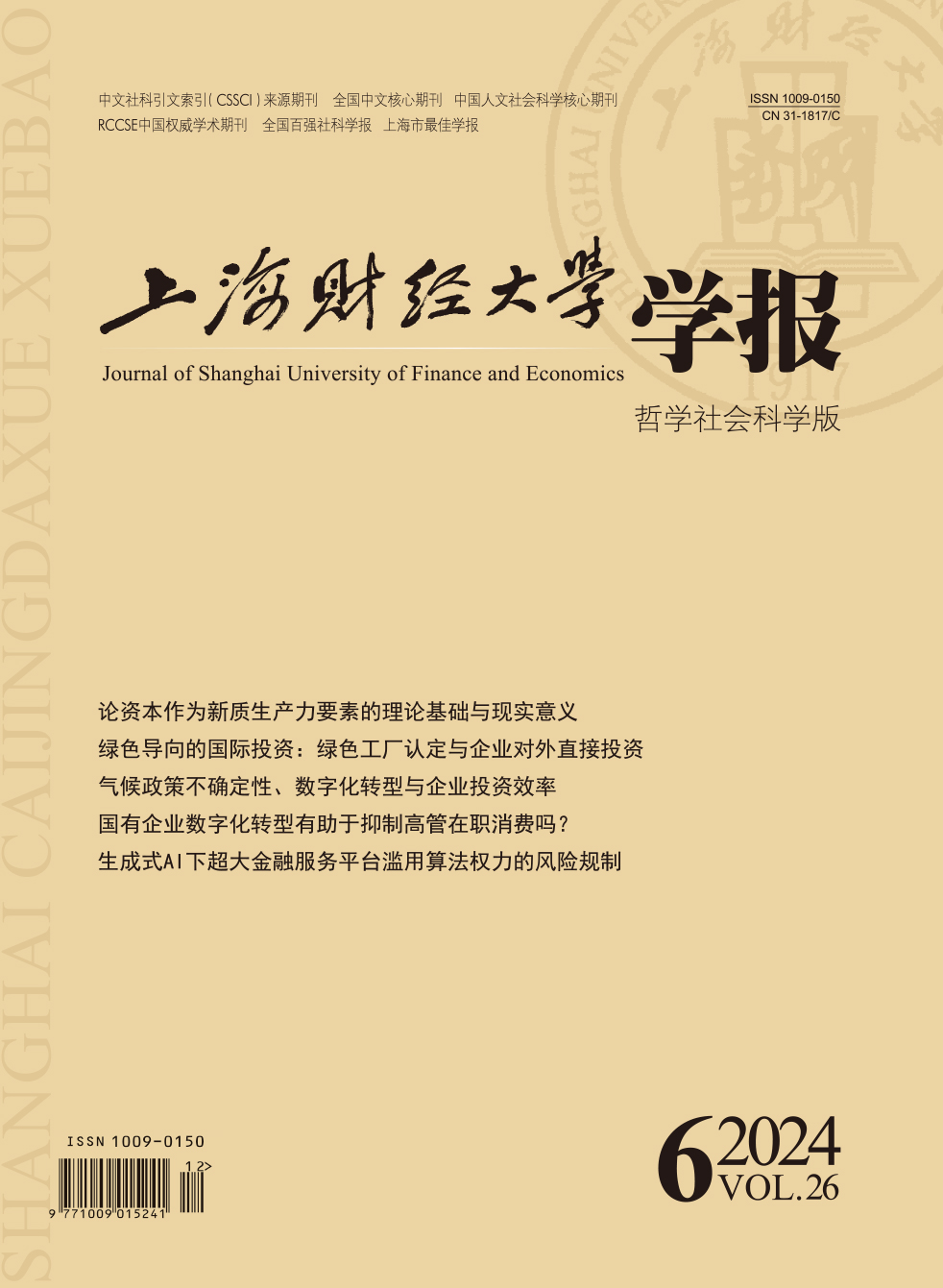The actual competitive effect of the “either-or choice” behavior of Internet platforms is the premise and foundation of its legal characterization, evaluation, and regulation. At present, in order to maintain, consolidate and enhance their own competitive advantages and status, Internet platforms exclude or restrict the effective competition constraints imposed by other competitive platforms by implementing “either-or choice” behavior on their internal operators or consumers, which is increasingly hindering the shaping and formation of free, fair and orderly competition mechanism and order in the field of Internet platform economy in China.
Due to the limitations and deficiencies of the legislative provisions and regulatory focus of China’s current
Whether the “either-or choice” behavior of Internet platforms is illegal or not depends not on whether it damages the specific competition behavior or rights and interests, but on whether it fundamentally excludes or restricts the normal operation of the free and fair competition mechanism and order in the field of Internet platform economy. Effective competition between Internet platforms is the cornerstone of the free and fair competition mechanism and order of the whole market in the field of Internet platform economy. Therefore, when evaluating the real competitive effect of the “either-or choice” behavior of Internet platforms, we should not only comprehensively examine its negative effect, but also comprehensively examine its positive effect, and comprehensively compare and weigh the advantages and disadvantages of these two aspects. This is conducive to effectively clarifying the internal relationship between the former and the value goal of “protecting fair competition in the market” in the three laws mentioned above, and ultimately lays a solid theoretical foundation for its accurate legal characterization in China.
Thus, if we want to solve the problem of inaccuracy and conflict in the legal characterization of the “either-or choice” behavior of Internet platforms, and straighten out and clarify the application logic and scope of the existing legal norms in China, we should focus on comparing and weighing the positive and negative competitive effects of “illegally acquiring or utilizing market power to exclude or restrict competition” and “promoting or enhancing competition or efficiency in the sales process” to reconstruct the basic paradigm, steps and regulations for the definition of its legal attributes. This will ultimately provide effective institutional support and legal protection for free and fair competition and healthy development in the field of Internet platform economy in China.





 3305
3305  2869
2869

